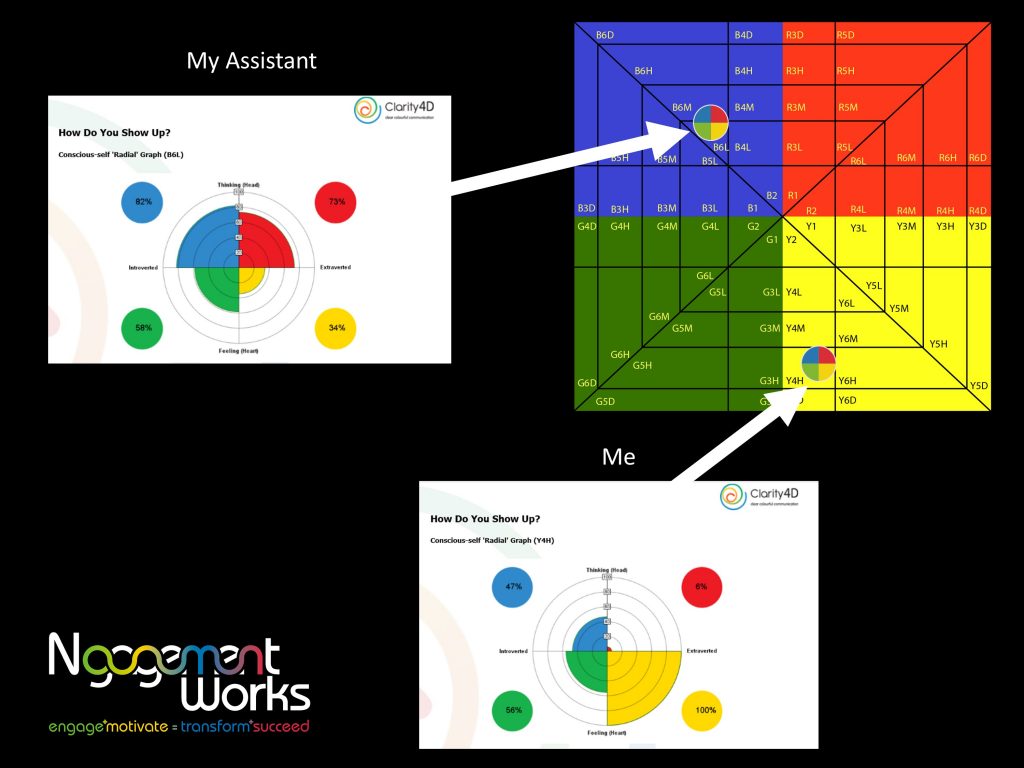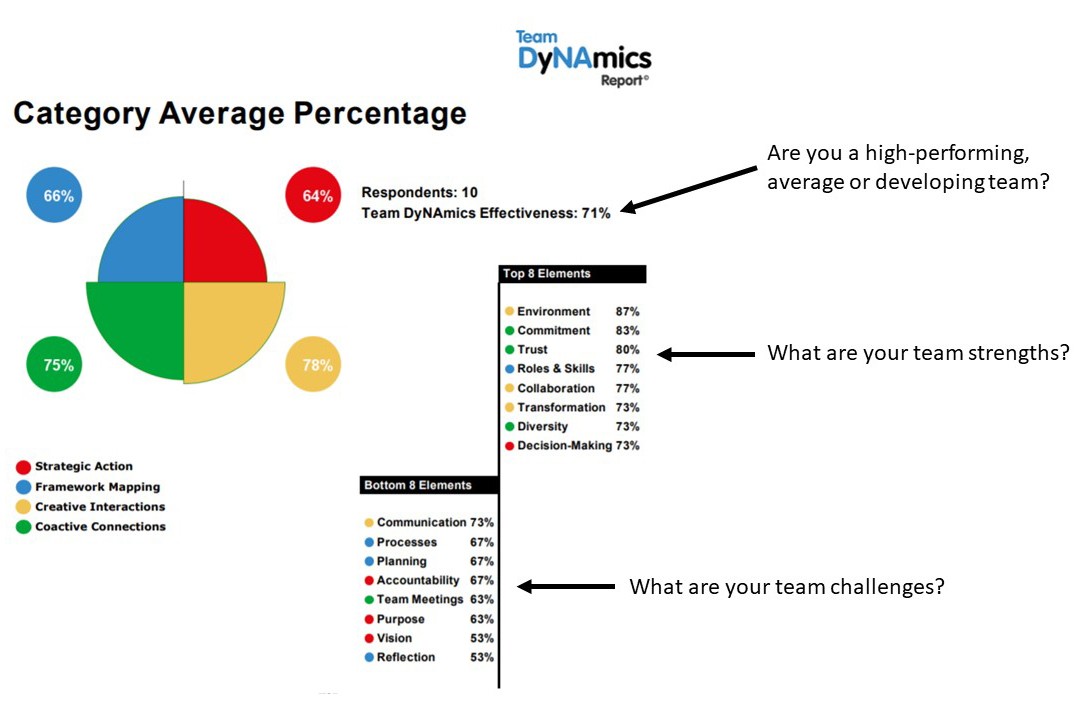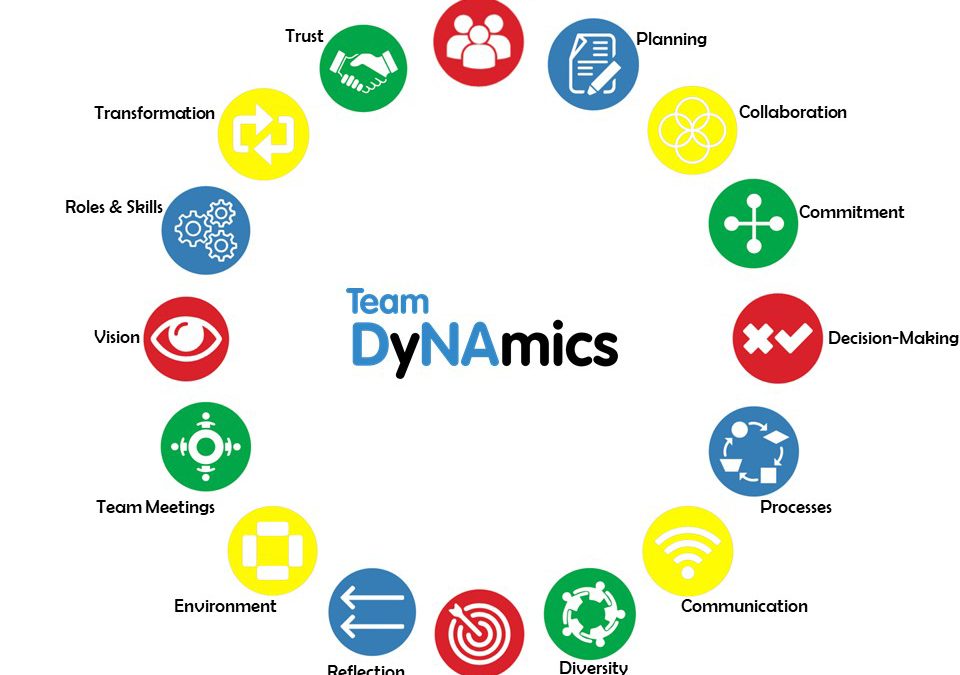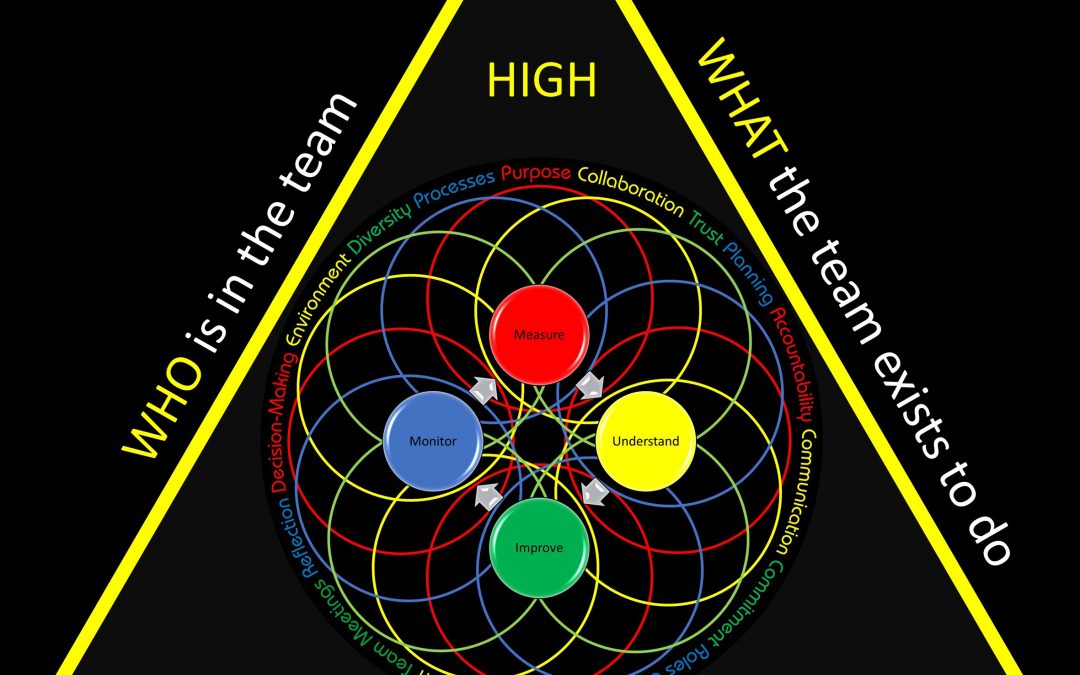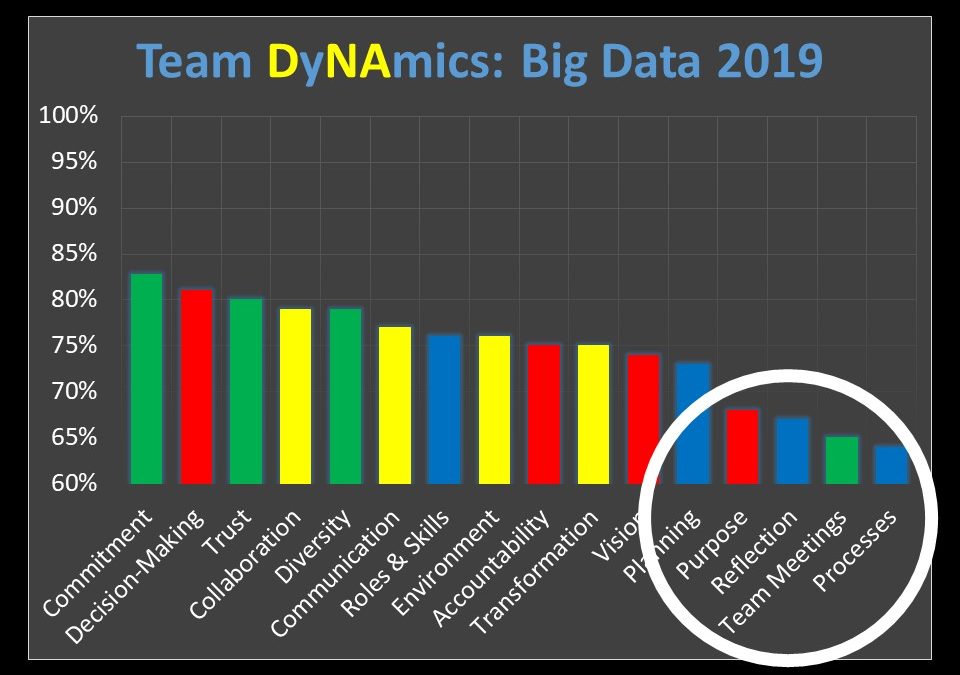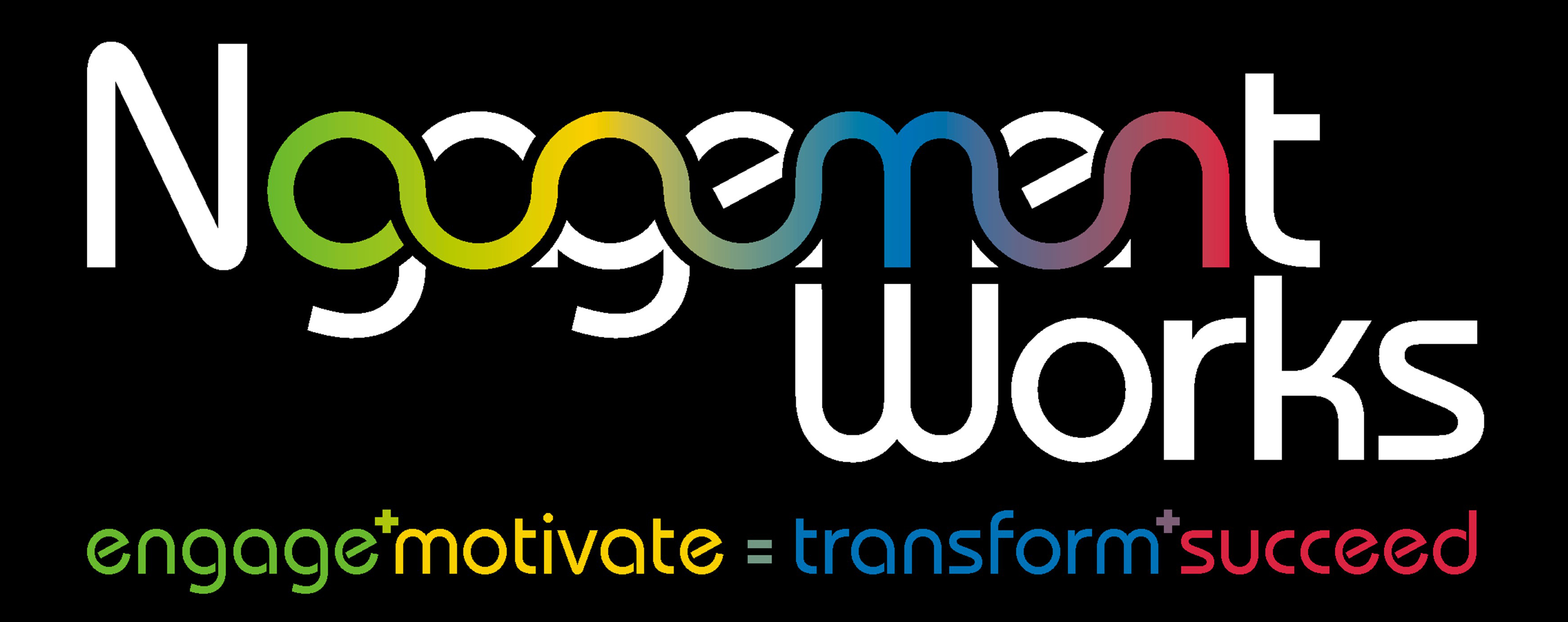“Having an assistant, as a valued member of your leadership team, makes total sense.”
Throughout history, those leaders who excel, invariably have a great assistant standing beside them. In fact, the word assistant, comes from the Latin, assistere, meaning “to stand by.”
Over the 20 years that I have been facilitating team building, with teams from across the globe, I have noticed a positive change over recent years, in that assistants, who support leaders, are more frequently being recognised as an integral part of leadership teams. So, why do I believe this is such a positive change?
As someone with many years’ experience in various leadership roles, prior to becoming a team-building expert and international conference speaker, I have been supported by various assistants, who have enabled me to do my job with much more effectiveness and efficiency, utilising invaluable behavioural, technical, and leadership skills and competencies.
In addition, I’ve had, and continue to have the opportunity, to work regularly with leaders, across all sectors, in the UK and abroad, who also recognise and appreciate the value-adding role that their assistants undertake.
Based on my own leadership experience and speaking with other leaders, I believe that there are two big changes that will continue to develop in the future?
1. Leaders will seek out assistants who, behaviourally, are different from themselves
As a former senior leader, one of the most, if not the most important position on my team, that I needed to fill, was that of my assistant.
I didn’t want a “Yes” person, I wanted a “What if” person. I wanted them on a daily basis to challenge my perspective and thought processes, to ensure I had a rounded view and made the best decisions I could, to support the leadership objectives that I had been set.
I wanted a person whom, in my absence and with my delegated authority, I could trust to make decisions and take action on my behalf, with others, being aware that this was within their remit. They needed to know me, my job role and leadership style, to understand and anticipate what actions I was likely to take.
I had total faith in this person to make the right decision, if they were unable to talk things through with me or others in my leadership team. I trusted them to do the right thing and if it went wrong, I would happily take accountability for any negative outcomes.
That is why I recruited an assistant with a different behavioural style to mine. An individual that would provide a different perspective on people and situations and complement my leadership style. However, I did not leave this to chance, I undertook behavioural profiling to better understand areas of similarity and difference between us.
“I believe that the leader/assistant partnerships, where there are differing behavioural styles, provide many positive and value-adding benefits to both individuals, their teams and their organisations.”
I would therefore encourage, both leaders and assistants, to understand each other, based on their behavioural styles, enabling them to understand their strengths, communication style, decision-making process, thus appreciating and valuing, where there are similarities and also differences.
2. Assistants will be part and not apart from leadership teams
In the past, and still occurring in some instances, assistants are often on the periphery of the teams of the leaders they support. A hinterland, where they are not part of the leadership team and often struggle to understand which team they belong in. Often, their strongest allegiance is to the internal assistant network, or other networks they belong to, as opposed to the team of the leader or leaders that they support. This needs to change and fortunately, this has begun to happen.
My assistant was a key member of my Leadership Team, and their job description clearly recognised this.
Why? Because they were a filter to all the communication I received, involved in all my leadership team meetings and therefore, more often than not, had a more complete picture of what was going on than the other leaders within my team. It is my belief, that it is the foolish leader who ignores or does not value the insights that their assistant provides. In addition, the skills that they demonstrated are invaluable.
“I believe that the assistants of leaders will have a role that, organisationally, will be structured as part of the leadership team, giving them a stronger voice, from a position of equality with other leaders in that team.”
Let me explain with a true story, why I believe the above.
I was facilitating an individual/team building workshop with a leadership team, made up of 18 people.
On this workshop was the assistant, who had liaised with me prior to the event. At the end of the day, I always ask individuals to provide feedback on their experience.
As I gathered the feedback forms in, I glanced at the comment from them which was as follows “My profile and this workshop has been brilliant at shining a light on me as an individual and the behavioural strengths that I have. Thank you.”
At the end of the event they came up to me and thanked me personally and I said it was my pleasure. They then said that being on the workshop had been a surprise to them as they didn’t see themselves as part of the leadership team and were “just the assistant.”
I took them to one side and we sat down and had a private conversation. I asked “Why do you feel that you are just the assistant?” They replied, “Well, all I have done is arrange this event.”
So we then discussed the skills and competencies that they had used to arrange the event:
Time Management: They had managed 17 leader’s diaries and mine to book a date when everyone was available.
Planning: They had researched numerous venues to find one suitable for the event.
Negotiation: They had negotiated an acceptable price with the venue to deliver what was required in terms of space, refreshments and equipment.
Risk Management: The initial date to deliver the workshop had to be changed to another date, due to a strategic issue that had arisen. They had already thought about contingency and had pencilled in a future date, just in case of this eventuality.
Stakeholder Management: They had liaised with both the venue and myself to ensure that everyone’s needs were covered. On the day they regularly checked in with their colleagues to ensure their needs were being met.
Communication: They had been the main channel for communication to the rest of the Leadership Team to ensure everyone knew the objectives of the event, pre-work required and by when, the details of the venue and timings.
Team building: They had organised a social meal for the team after the workshop, so they could continue to bond as a group in a social setting.
Decision-making: They had made a lot of decisions independently, based on their own knowledge and experience.
We reviewed the above and I posed the question, “Aren’t the above qualities and attributes, those demonstrated by leaders?”
A big smile spread across their face and they replied “When you put it like that, I suppose they are.”
In addition, as they were the Assistant to the CEO, they were privy to more strategic information than the majority of the rest of the leadership team and were therefore able to talk knowledgeably and also share their ideas with the rest of the leadership team.
They demonstrated this, when the team explored and discussed their Team DyNAmics Report, during which, the assistant made some incredibly valid observations about the ineffectiveness of their Team Meetings and came up with practical solutions, that were implemented and resulted in them becoming more effective for the whole team.
“If you are an assistant, do not belittle the valuing-adding behavioural, technical and leadership skills and competencies that you have.”
So, in conclusion, I believe that change is happening and that momentum must continue, with assistants finding their voice, speaking up and if not already, ensuring that, through discussions with the leaders that they support, they become a valued and integral part of their leadership team.
Wishing you continued happiness and success in both work and life.
Keep safe, keep well, be positive and be strong.
Best wishes, Nick
Can I help you by working with your team or speaking at your conference?
If you want to discuss how I may be able to help you and your team achieve even greater success by facilitating team building or by speaking at your conference, either send me an email to nick@ngagementworks.com, or use the Contact Form
Sharing is caring
If you know of someone who would find this article of value, please do share it with them, using the social media buttons below. In addition, if you don’t want to miss out on other articles that I post, use the Newsletter subscription to the right. If you don’t want to subscribe, you can always bookmark my Articles Page, to check new articles posted.
Photo Credit
The Featured Image of the Pencils Heart, was taken by me. Along with others, it is free to download and use, via Unsplash, for your projects, websites, presentations etc. etc. For more, use this link to access my Unsplash Portfolio.
